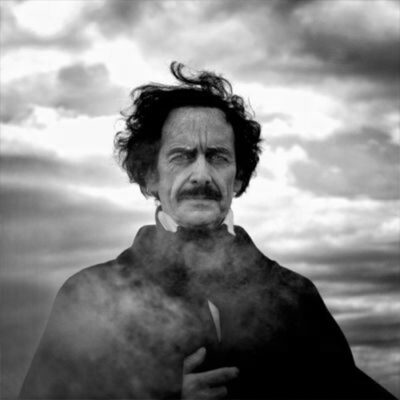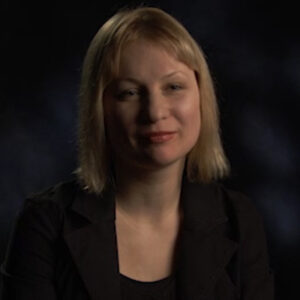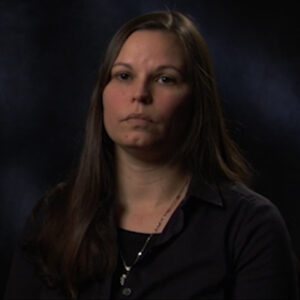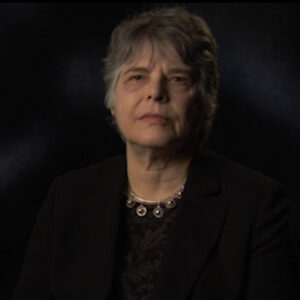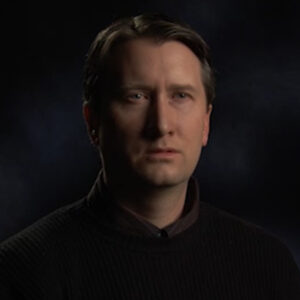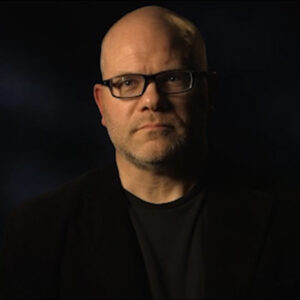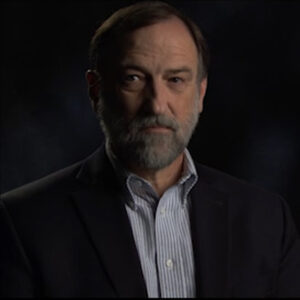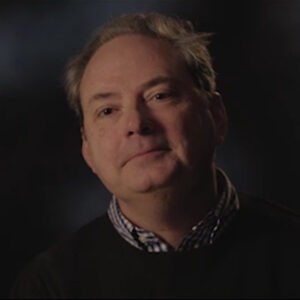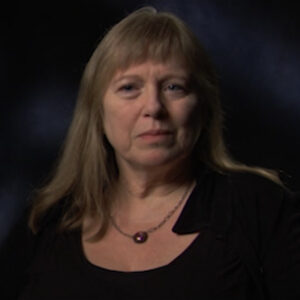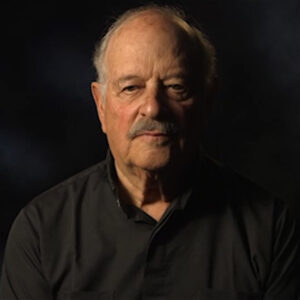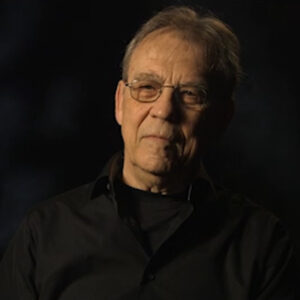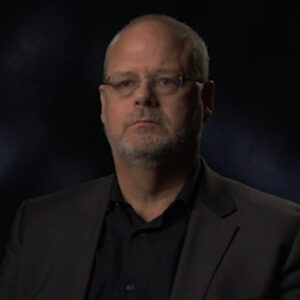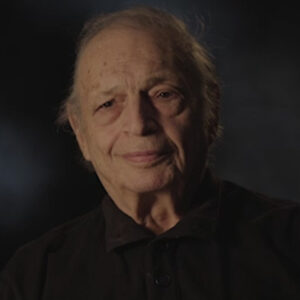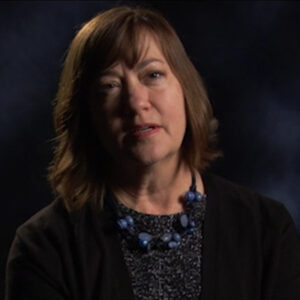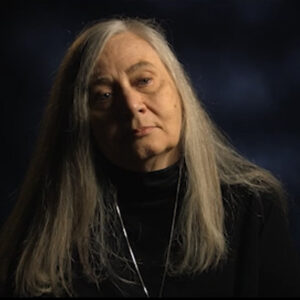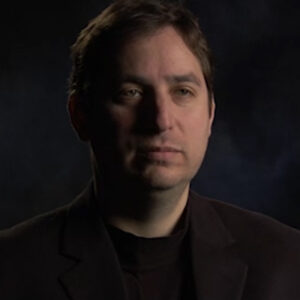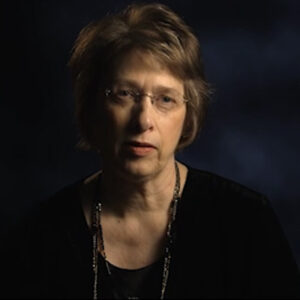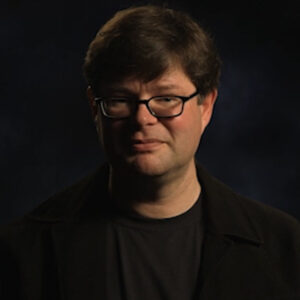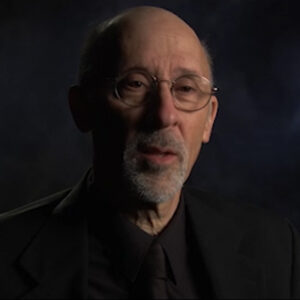Speaker Speeding. OK, well, let’s start with what moved you to try to bring those stories to film?
Speaker My interest in polo started when technology is again, my interest in Poe started at.
Speaker My interest in Edgar Allan Poe started when I read the fall of the House of Usher as a school assignment. I loved the story and I asked my parents to get me the complete works of Poe as a Christmas present. They were delighted to do so. I might have asked for a shotgun or who knows what. I read everything he had ever written and was enthralled with his work. And I was then making a series of low budget pictures. Well, you know, you can break the scene. And I was in. I was then making a series of low budget pictures, and this is something I wanted to say, I was then making I was then making a series of low budget pictures under a sort of double bill arrangement. What the companies would do would put together to tend a black and white films and send them out as a double feature to horror films, to science fiction films and so forth. And American International asked me to make two more 10 day black and white horror films, and I felt that one sales gimmick was starting to wear itself out. And also I wanted to move on. So I said, let me take 15 days, shoot in color and might make one bigger film. They asked me what, why? Why do I want to do that? And they asked me what I wanted to make. And I said, the fall of the House of Usher.
Speaker What was it about the fall of the house of Usher? That through you I mean, you’ve talked before about how short the story is and what was it that grabbed you?
Speaker What drew me to the fall of the house of Usher first was the macabre, setting the house itself surrounded by fog, deserted, and then within the house the relationship between Roderick Usher and his sister, the incestuous. Sexual slash whore relationship between them, it was just a fascinating situation.
Speaker And what were the challenges you discovered when you did move forward on the project?
Speaker The main challenge with the fall of the House of Usher and with the other pole pictures is that most of his short time, the main challenge with the fall of the House of Usher and most of other boats. The main challenge was the fall of the House of Usher. And the other post stories was the fact that they were very short. Sometimes, as with the pit and the pendulum, just two or three pages, and we had to create a full length motion picture. So Dick Matheson, the writer who wrote most of them and I found our solution and using the Post story as the third act of the picture and then inventing the first and second acts, trying to envision what Paul might have done to lead up to it in order to make a full length film.
Speaker And in this invention’s did you have a kind of set of guidelines to use to keep it in the world of Poe, how did you figure that out?
Speaker I felt that Paul was dealing with them, Aqab with the mysterious with sensation, as well as with horror and to a certain extent with the unconscious mind. And I tried to keep those concepts in my mind. And of course, with Dick Matheson working with me on this, we tried to take these obsessions, if you will, of Paul and realize them ourselves. We became sort of pseudo Edgar Allen Poe as.
Speaker One of the things that I like about your movies, your home movies, are that you resisted the temptation that so many other people seem to fall into to make Poe a character in his own movies. Were you ever tempted to do that or how did you sort of deal with that fact that Poe and his stories are so often conflated?
Speaker Poe and the stories are often conflated, but I felt I was making the stories I was not doing. Edgar Allan Poe. On the other hand, as I said, I tried to put myself in the mind, if that’s possible, of Poe in creating the beginnings of the pictures.
Speaker It’s really interesting. I mean, the idea of making it the third act and it was felt like a brilliant breakthrough. But what is it more about the unconscious? So why what does Poe do? How does he get there? And especially when he was writing in the eighteen thirties and forties before even that that word probably even existed, that idea.
Speaker I think, Richard, I think an artist works part time. I think an artist works partially from his conscious mind and partially from the unconscious, and I think Paul himself understood part of what he was doing. But as with all of us working in a creative medium, we don’t understand everything we’re doing. And I think his own mind was very much obsessed with these concepts of the unconscious mind. For instance, in the very first picture, the fall of the house of Usher. If you say that Paul unwittingly or partially unwittingly in the early 19th century was working with the unconscious mind, this was something that was in the air. A few generations later, Freud became more specific in working with the unconscious mind, coming to the fall of the House of Usher from certain aspects of Freudian analysis. The house represents a woman’s body. The door, the windows, the passageways clearly represent parts of the women’s body. So we had an erotic atmosphere which was charged with horror as well as with sex.
Speaker How interesting as he worked on these and you, as you say, to try to put yourself in Poe’s mind. What kind of opinion or what kind of feelings did he come to have about Poe as a as a human being, as a writer, as an artist?
Speaker The more I studied Poe and the more I hear, the more I studied Poe, the more I admired him. He had an unfortunate life. Things simply did not work out. His child bride died. He used that as both a poem and a story. So he was using various things that had happened to him in his stories, working out, I believe, his own problems, almost as if he was self analyzing himself.
Speaker Yeah, interesting, so the fall of the House of Usher was one of his first so-called tales. I don’t know was the first, but I think it was the first big successful one for him and the first of your films. Do you feel like the fall of the House of Usher sets a kind of tone for later for the way he went with other stories?
Speaker I think the fall of the House of Usher did set a tone for poor. I’m not certain if you plan to continue. I myself had no plans to make a second picture. I simply wanted to make the fall of the House of Usher. It was a very large success for the company I was working with, and they asked me to make a second picture and I chose the pit and the pendulum. So I unwittingly got into a cycle of poor.
Speaker You’ve written and talked about the interior spaces, the way the way you saw them and the way you trying to visualize them and built them. Can you talk a little about how Poe’s stories, even when the scenes are set outdoors, they’re still kind of inside something? What’s that like? And how did you translate that?
Speaker Let me take a moment to think about that, and you want some water? No, that’s.
Speaker My feeling. My theory, and I’ve always felt you have to have somebody start this all over again. OK, my theory was that Paul working with the unconscious mind like up.
Speaker My theory was that if Paul was working with the unconscious mind, the unconscious is not really aware of the outside world, the outside world gives his stimuli through our eyes, our years of nose, even taste, and transmits the stimuli to the unconscious mind, which is only aware of the information given to it and is not aware of the outside world. So I felt I wanted to create a dreamlike interior world. For that reason, I shot all of the pictures on a soundstage where I had full control of what I was doing. I very seldom went outside. Occasionally the story demanded that I have something outside and occasionally I felt I wanted to open up the picture. And when I did that, I deliberately went to places that were more or less unreal. For instance, the opening of the fall of the House of Usher was when the young man rides up on a horse to the house. Before we started shooting, there was a forest fire in the Hollywood Hills and a large area was burned out and black.
Speaker And I quickly put together, I think, a three man crew of a cameraman, a gaffer, whatever, had Mark Damon the lead on a horse and had him ride through this blackened landscape. Other times I used the ocean. I think the movement of the waves has a certain hypnotic effect. Maybe that’s where we came from. Maybe the ocean has something within it. On the other hand, I followed this theory religiously all the way through and finally just got tired of my own theory. And on the last picture, the tomb of Lygia, I worked with Bobtown, a new writer who was a good friend of mine. And I said, Bob were throwing out all my theories. We’re going I shot the picture in England. We’re going into the English countryside and we’re going to shoot in broad daylight.
Speaker That’s a very different feel. What were the easy parts of those stories, if anything, maybe there weren’t any, but what was easy about how to bring the easy part and the most fun, as it were, were the climaxes, for instance, in the pit and the pendulum.
Speaker If you want to go back to the Freudian symbols, the symbol of the pendulum moving back and forth and dropping down into the pit is a fairly obvious symbol of a phallus in a vagina. And it was fun to shoot those. I remember, as a matter of fact, John Karr was under the pendulum and we had this big thing swinging from the from the ceiling at the top of the soundstage. And John said, Roger, are you sure that thing is safe? I said, I’ll show you, John, I’ll get under it. So I get under it. And the thing was supposed to come down lower and lower and lower. And I remember thinking maybe this isn’t such a good idea, but I didn’t want to say that. But I did it. And John said, OK, Roger, if you can do it, I could do it. And we shot it.
Speaker Know, I have to say, I just really watched it the other day, and it did occur to me that the whole thing was a political speech. I wanted to be under that.
Speaker Humor, humor and horror and po. I think it took a lot of criticism in his lifetime from other writers for. Been consistently serious all the time, but why was that so important?
Speaker There is humor in Poe’s work. He’s not known for it. For instance, he wrote the balloon hoax, which was the story of a fictitious balloon flight across the Atlantic to the United States. He wrote it as if it was a true account in a newspaper article, but it was totally fictitious. So he was playing around a little bit. I don’t think anybody wants to vary their work. And I think there is a connection between humor and or matter of fact, I think there’s a connection in a weird way between humor, sex and horror, which I tried to work in a little bit and I couldn’t go too far essentially in each area. It’s a building up of suspense towards the joke, towards the moment of horror or to the sexual climax. You build and build the tension, the suspense, and then you break it with the laughter of the joke, the scream of the horror or scream or whatever you want for the sexual climax.
Speaker That’s great. I get really interesting claustrophobia. I mean, Poe, I was talking to some literary some English professor and said, well, what’s the one motif that runs the approach? Thought for a minute claustrophobia. And you used that to great effect in the films. Did what is it about claustrophobia and Poe and why how do you evoke that? How did you about that in the films?
Speaker I think there was claustrophobia in his stories.
Speaker I think it’s I think there is claustrophobia in post stories.
Speaker I think it’s an essential element of horror. You’re trapped, whether in someplace like the the fall of the house of Usher or underground in the pit and the pendulum, which is the ultimate claustrophobia, you’re alive, you’re in a coffin, you’re underground. And I tried to utilize that as much as I could, as I said, by shooting totally within a soundstage and having control of all of the lighting, the camera angles, the way I set up the shots, the movement of the actors and so forth.
Speaker I was always aware of that.
Speaker And then premature internment, which is obviously a recurring thing in the post stories and in the ways you adapt to them. Why was that so important?
Speaker OPO I think premature internment is the ultimate claustrophobia. So if Paul was working in this area as he went from story to story to story, he was getting closer and closer to the ultimate, which is the premature burial.
Speaker As I recall, it’s almost always women who are buried prematurely. I’m sorry, I didn’t hear it’s almost always women in his stories who are the victims of premature burial. What what what does that signify?
Speaker It’s very often the woman who is the victim of the claustrophobic atmosphere, the premature burial, on the other hand, in the story, the premature burial itself. It’s a man, Ray Milland played that role. I think he’s thinking to a certain extent of the vulnerability of women and very possibly playing back to the death of his child bride.
Speaker Interesting. Thank you.
Speaker So there’s this issue of Poe, the writer, Poe, the man being so often. Confused with his stories and not just by filmmakers who adapt the stories, but also by the general public, why why is it that people are so important to the public at large, to people to confuse people with this story so it doesn’t happen with most other writers?
Speaker There is a tendency to conflate conflict, the right word here. Yeah, OK, there is a tendency to conflate poll with his stories. I think to a large extent because of his unfortunate life, he was a heavy drinker. He was expelled from West Point. He lived in poverty most of his life. He died a tragic death, and his life was very similar to his stories. So the connection is fairly obvious there.
Speaker Um.
Speaker So he’s been so popular for so long, and this, if anything, is sort of at the heart of this film, I’m trying to make it so I’m trying to get a finger on the enduring popularity of PO. Why does he survive generation after generation? And he so cross cultural? I mean, people love him in Germany and Russia and Japan. So what is it about PO that humans seem to need to?
Speaker I think there were probably there are probably many reasons for appose enduring popularity, not only in the United States, but around the world. The French. I don’t know what you would call them. There are many reasons for POWs enduring popularity both in the United States and around the world. French writers of the late 19th century were very much fascinated with Poe and took up his themes. I think it’s his themes. These are themes of enduring quality, of enduring meaning to us. As I said, these are part of our unconscious mind. These are the fears, the. Qualities that have been with man since. Man originated on this earth at one time, we would have been afraid of a saber tooth tiger. The fear is always with this and the knowing the ultimate end of life is death has always been with us. And who deals with that?
Speaker That’s a great answer. Thanks. You want some water? Yes, a couple more.
Speaker OK, give me an idea. Give me another question.
Speaker OK, um, uh, the mystery of his death. If you have any ideas or theories about that or how. I don’t know if you could talk a little maybe about the irony that the inventor of the detective story becomes at the heart of his own mystery.
Speaker Or there is an irony that Paul, who wrote the first detective story, had his life. There is an irony in the fact that Poe, who wrote the first detective story was. There is an irony in the fact that the death of Paul, who wrote the first detective story, whose death became to a certain extent a mystery there all kinds of stories as to what took place. As I understood it, he was very ill at the time and drinking and was taken around on an election night, given who knows how much whiskey and voted the usual thing, a false voting, voting under various names and so forth. And the effects of that night are what killed him. On the other hand, there are other theories as well, which I think speaks to the enduring fascination with Poe. Even in death, we don’t know exactly what happened and people are fascinated by it.
Speaker Um, let’s break let’s just cut up for a moment.
Speaker OK, I’ll start there and then I’m curious to ask a little more about. Why he appeals to so many filmmakers, you know, D.W. Griffith made one of his first films about Poe, but it was actually a sort of biography of Poe, but it was really the raven. But the two were all mixed together. So I don’t know. I guess I was going to ask a little more. Expounding on YPO appeals to artists.
Speaker Let me look at my notes here, and I have an idea as I then pass off to you as my own.
Speaker They usually have an Edgar Allan Poe themed maze and they do take imagery out of your movies. Oh, but it’s always very dark. But Rogers movies are so great. I mean, that’s one of their appeals. It’s like Technicolor primary colors. So almost garish, not that way, but in a spectacular way. And I’m just wondering why, you know, it seems to me the obvious, you know, like the John Cusack Raven, it would be very dark and dingy grays, blacks, browns, not so many fantastical colors. And I just wonder what the creative choice behind that was.
Speaker OK, well, let’s get to that. Let’s one, two, three. OK, well, let me start with the appeal of Poe to filmmakers. I’m from from the very moment that cinema was invented, people were adapting Poe films. What draws filmmakers and other artists? I mean, Lou Reed did an album and Philip Glass and all these people. What draws artists to Poe that way?
Speaker There are many aspects of poll that appeal to the artist, the complexity of his stories, the combination, as I say, of the conscious and unconscious mind, but particularly for filmmakers, the imagery, the concept coming to the pit and the pendulum, which is a wonderful image to portray the burning of the fall of the house of Usher, the colors in the mask of the red death. These are fantastic, colorful things. They can be portrayed in a very dark, grim way. Yet at the same time, they almost explode at moments of horror in color on the screen.
Speaker As a matter of fact, I remember they used to be a joke when we would start. The prop man would always say, I’ve got enough red candles here, Roger, because I always like to have red candles burning somewhere on the set. Just the imagery of Paul is wonderful to work with.
Speaker And then to Maria’s question of your your choices about color palette and not being dark, not shooting in black and white, which might be appealing to a post story, but you you want a different direction. Why?
Speaker I tried to work with me to it was. I took a little bit of my Innsbrook, my basic inspiration, of course, was Poe himself, but I always liked the paintings of Caravaggio, who’s Yuusuke. My inspiration was, of course, Poe himself. But I’ve always been fascinated by the paintings of Caravaggio’s who use of car guru a hard light against a hard dark. And I used that and then brought up to accentuate and push that to a higher level, which brought me to a little more color. And sometimes at moments I had, as I say, the screen almost exploded with color. Also, I had a series of fantasy scenes and I like to play with color. We used an optical printer today. Things like optical printers are gone. It’s all computer graphics. But he uses an optical printer with various layers of colors of swirling images to create again, this era of phantasm.
Speaker And then this question of pose sexuality, if you do you have any thoughts or ideas on that?
Speaker I have no real idea. I have no information on Poe’s sexuality. On the other hand, I would believe that he was probably very tightly repressed sexually and the repression gave birth or allowed him to express that his sexuality in his writing. And I’d say the death of his child bride was a key moment in his life that I would assume influenced all of his life.
Speaker Yeah, the short amount left after she died, you also said, OK, this is fantastic. Um. One more question about. How could you talk a little bit about it, and I know you’re not a historian, but you’re obviously very well read and informed in this whole period. What was Poe doing differently when he was writing in the 30s and 40s? What was he doing that was so different from anyone else at the time?
Speaker Poe writing in the 1930s and 1940s was part of a romantic movement of American writers the exotic castles, the alien lands, all of these partially real and partially figment of the imagination. But he was carrying it further. He was going deeper and deeper into the darker edges of this romantic mind.
Speaker And as a filmmaker, is that part of what drew you to the fact that these aren’t real places, you don’t even know what time, what era they’re set in?
Speaker That dark romantic vision is part of what drew me to pull this dark romantic vision combined with the Reaper, that dark room, that dark romantic vision combined with the repressed sexuality, the claustrophobia, the fear that we all have all of these things together. Poe’s work is very complex, and it enabled me to work on various levels within the film’s.
Speaker That’s a great, great answer. All right. I think.

